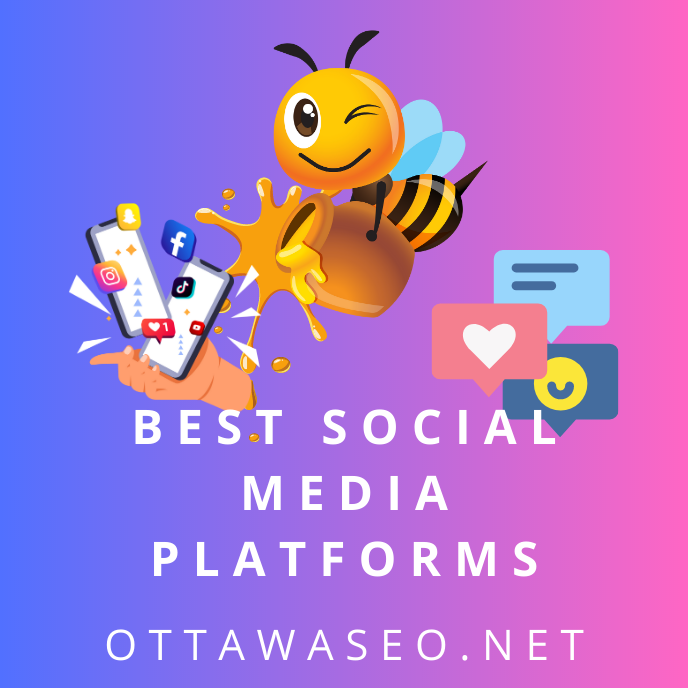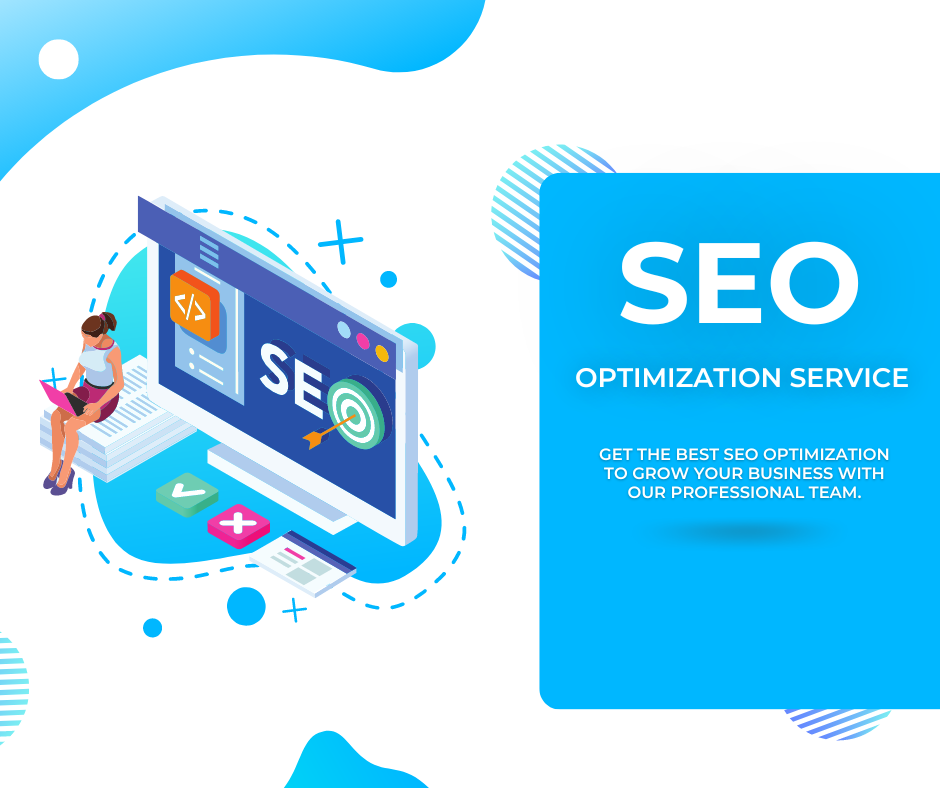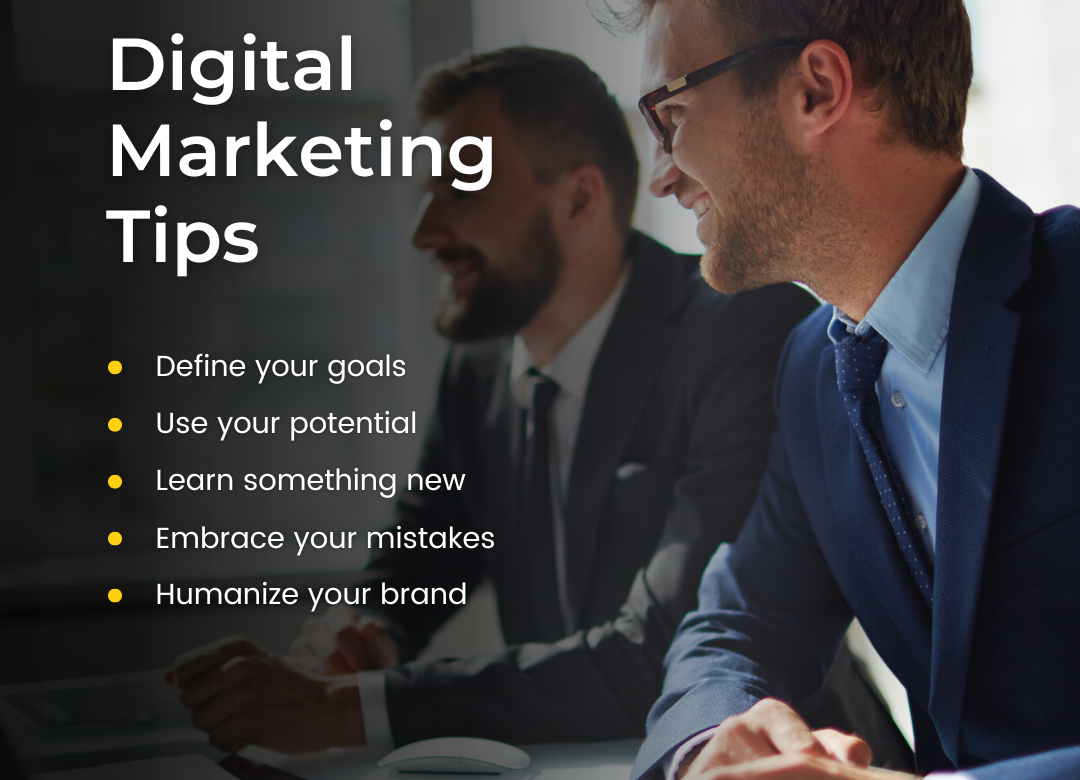Best Social Media Platforms
As a small business owner, you know that social media is an essential component of your marketing strategy. With so many platforms to choose from, it can be overwhelming to decide which one(s) are right for your brand. But fear not! In this blog post, we’ll guide you through the process of selecting the best social media platform(s) for your small business. Whether you’re just starting out or looking to expand your online presence, our tips and insights will help you make informed decisions and boost engagement with your audience. So let’s dive in!
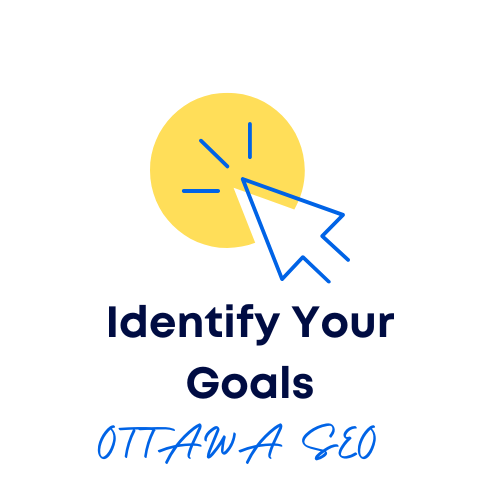
Identify Your Goals
The first step to determine which social media platform is best for your small business is to identify your goals. What do you hope to achieve with social media? Are you looking to build brand awareness, generate leads, or drive sales? Once you know what you want to accomplish, you can begin to research which platform will work best for you.
There are a number of factors to consider when choosing a social media platform for your business. Take a look at the demographics of each platform and see how they align with your target audience. Pay attention to the content that performs well on each site and consider the time commitment required to maintain a presence on each one. With all of this in mind, you should be able to narrow down your choices and select the social media platform that is right for your business.

Research Your Target Audience
Before you can choose the best social media platform for your small business, you need to take some time to research your target audience. You need to know who your target audience is, where they are active online, and what kind of content they are looking for.
Once you have a good understanding of your target audience, you can start to narrow down your choices for social media platforms. There are a lot of different social media platforms out there, so it’s important to choose the ones that will work best for your business and your target audience.
If you’re not sure where to start, take a look at our list of the top 10 social media platforms for small businesses. We’ve included a brief description of each platform and what type of business it would be best suited for.

Consider the Different Types of Social Media Platforms
The first step in choosing the best social media platform for your small business is to consider the different types of platforms that are available. Each platform has its own strengths and weaknesses, so it’s important to choose one that will work best for your business.
The most popular social media platforms are Facebook, Twitter, LinkedIn, and Instagram. However, there are many other options available, such as Snapchat, Pinterest, and Google+.
Each platform has its own unique features and capabilities. For example, Facebook is great for staying in touch with customers and building relationships, while Twitter is perfect for quick updates and customer service. LinkedIn is ideal for networking and connecting with other businesses, while Instagram is perfect for sharing photos and videos.
It’s important to consider which type of content you want to share on each platform before you decide which one to use. For example, if you want to share a lot of photos and videos, then Instagram would be a better choice than LinkedIn.
Once you’ve considered the different types of social media platforms, it’s time to choose the one that will work best for your business. Keep in mind that you don’t have to limit yourself to just one platform – you can use multiple platforms to reach a wider audience.

Decide on a Budget
Before you can choose the best social media platform for your small business, you need to decide on a budget. How much are you willing to spend on marketing each month? This will help you determine which platforms are within your price range.
You also need to consider how much time you’re willing to spend on social media. If you only have a few hours per week to dedicate to marketing, you’ll need to choose a platform that is easy to use and doesn’t require a lot of time to maintain.
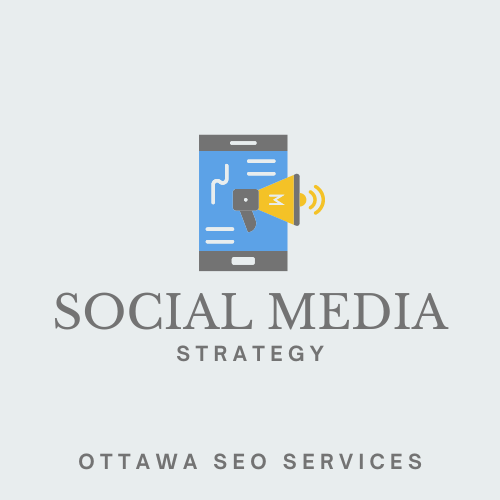
Create a Social Media Strategy
If you’re like most small businesses, you know that you need to be on social media, but you may not know where to start. There are a lot of social media platforms out there, and it can be overwhelming to try to figure out which one is best for your business.
Here’s a quick overview of some of the most popular social media platforms and how they can benefit your small business:
Facebook: With over 2 billion active users, Facebook is the largest social media platform in the world. It’s perfect for businesses that want to build brand awareness and connect with their target audience.
Twitter: Twitter is all about real-time engagement. It’s great for businesses that want to share news and updates, or provide customer service.
Instagram: Instagram is a visual platform that’s perfect for businesses that have a strong visual presence. If you have products or services that are visually appealing, Instagram is a great way to showcase them.
Pinterest: Pinterest is a highly visual platform that’s perfect for businesses in the eCommerce space. If you sell products online, Pinterest can be a great way to drive traffic to your website.
LinkedIn: LinkedIn is a professional network that’s perfect for businesses that want to build relationships with other businesses and industry thought leaders.
Implement and Monitor Your Social Media Plan
Once you’ve selected the social media platforms that are right for your small business, it’s time to implement and monitor your social media plan. Here are a few tips:
– Create a content calendar: This will help you stay organized and ensure that you’re regularly sharing fresh, relevant content on your social media channels.
– Monitor your analytics: Keep an eye on your social media analytics so you can see what’s working and what’s not. Use this information to adjust your strategy as needed.
– Engage with your audience: Respond to comments, questions, and concerns in a timely manner. This will help build relationships with your customers and followers.
– Stay flexible: Social media is always changing, so be prepared to adjust your plan as new platforms and technologies emerge.
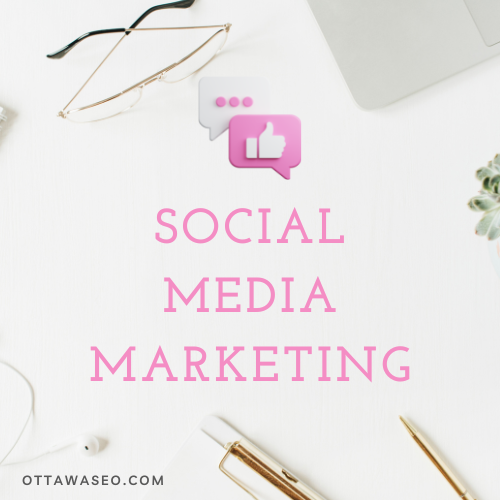
What is Social Media Marketing?
As a small business, you know that social media is a powerful tool to reach new customers. But with so many platforms to choose from, how do you know which one is right for your business?
The answer lies in understanding what each platform offers and how it can be used to achieve your marketing goals.
Facebook is the largest social media platform with over 2 billion monthly active users. It’s a great platform for building brand awareness and connecting with potential customers.
With over 800 million monthly active users, Instagram is a platform focused on visuals. It’s particularly suitable for businesses that prioritize a strong visual element in their branding, including restaurants, fashion brands, and lifestyle businesses.
For businesses that want to share timely updates and participate in real-time conversations with their audience, Twitter is the perfect choice. With over 330 million monthly active users, this fast-paced platform is ideal for engaging with followers and staying on top of current events.
Pinterest is a platform for visual discovery, boasting over 250 million monthly active users. Businesses that rely on visuals to convey their message, such as interior designers, event planners, and florists, can achieve success by utilizing Pinterest.
LinkedIn is a professional networking platform with over 400 million monthly active users. It’s an excellent platform to connect with other professionals in your industry and establish thought leadership for your business.
Why is Social Media Important for Small Businesses?
When you’re a small business, your priority is always to find ways to expand your reach and attract new customers. One effective way to achieve this is by using social media. However, it’s crucial to select the appropriate platform that best fits your business needs. With numerous social media platforms available, choosing the right one can be daunting. To help you make an informed decision, here are some factors to consider when selecting a social media platform for your small business:
What is your target audience?
This is probably the most important thing to consider when choosing a social media platform for your business. Different platforms have different demographics, so you need to make sure you are choosing a platform where your target audience is active. If you are not sure who your target audience is, take some time to research your market and find out where they hang out online.
What kind of content do you want to share?
Different platforms are better suited for different types of content. For example, if you want to share a lot of visual content (photos and videos), then Instagram or Pinterest might be a good choice. If you want to share longer-form articles or blog posts, then Twitter or LinkedIn might be better choices. Think about the type of content you want to share, and then choose a platform that will work well for that type of content.
What are the Different Types of Social Media Platforms?
There are several social media platforms available for businesses to choose from. While Facebook, Twitter, and LinkedIn are the most commonly used, smaller businesses can benefit from other platforms such as Instagram, Snapchat, and Pinterest.
Each social media platform has its unique features and advantages. For instance, Facebook is an excellent tool for building a community around your brand and establishing relationships with customers. Twitter is perfect for sharing quick updates and engaging in real-time conversations with customers, while LinkedIn is ideal for thought leadership and networking with other business professionals.
To determine the ideal social media platform for your small business, it’s best to try out different platforms and evaluate their performance. Begin by creating a presence on each platform and sharing content regularly. Then, track your engagement and activity to determine which platform provides the greatest exposure and interaction with your intended audience.
How to Choose the Best Social Media Platform for Your Small Business
Assuming you have a small business, you’re going to want to choose the social media platform that is going to be the most effective in reaching your target market. For example, if you’re targeting a younger demographic, Snapchat or Instagram would be good choices. If you’re targeting a more mature audience, Facebook or LinkedIn would be better suited. There are also platforms like Twitter and Pinterest that can be effective for certain businesses. The key is to evaluate each platform and see which one will work best for promoting your business.
When choosing a social media platform for your small business, there are a few factors you should consider:
Who is your target audience?
What kind of content do you want to share?
How much time are you willing to spend on social media?
Let’s take a closer look at each of these factors:
Who is your target audience?
This is probably the most important question to ask when choosing a social media platform for your small business. You need to make sure that the platform you choose is one where your target market is active. For example, if you’re targeting millennials, Snapchat or Instagram would be good choices because that’s where they are spending the majority of their time online. On the other hand, if you’re targeting baby boomers, Facebook would be a better choice because that’s where they are most active online.
Why social media is important for small businesses
As a small business owner, you might be questioning the value of investing time in social media. With the added responsibility of managing your business, it may not seem apparent how posting on Facebook or tweeting can improve your bottom line.
Nevertheless, social media has the potential to be a powerful tool for small businesses. Properly leveraged, social media can help you attract new customers, build relationships with existing ones, and boost sales.
Here are some ways in which social media can benefit your small business:
Expand your reach: With over 2 billion active users on social media, chances are high that your target audience is on at least one of these platforms. By establishing a presence on the most popular social networks, you can reach a wider audience than through traditional marketing methods.
Boost SEO efforts: Search engine algorithms take social signals into account when ranking websites. So if your website is connected to an active social media profile, it’s more likely to show up higher in search results. This can lead to more website visitors and – ultimately – more customers for your business.
Increase brand awareness: By utilizing social media, you can effortlessly disseminate details about your products or services to prospective and current customers. As individuals come across your company name on their newsfeeds or timelines, they gradually become more acquainted with your brand, leading to a boost in brand awareness.
The different types of social media platforms
As a small business, you have a variety of social media platforms to choose from. But which one is best for your business? Here is a rundown of the different types of social media platforms and what they can do for your business:
Facebook – With over 2 billion active users, Facebook is the largest social media platform in the world. It can be used for a variety of purposes, such as sharing news and updates, promoting special offers, or connecting with customers and fans.
Twitter – Twitter is a microblogging platform that allows users to share short updates of up to 140 characters. It’s perfect for sharing timely updates or offering customer service.
LinkedIn – LinkedIn is a professional networking site that can be used to connect with potential customers and partners, as well as promote your brand or products.
Instagram – Instagram is a visual platform that allows you to share photos and videos with your followers. It’s perfect for showcasing your products or giving customers a behind-the-scenes look at your business.
Snapchat – Snapchat is a mobile app that allows users to share short photos and videos (called “snaps”) with their followers. Snaps disappear after they’ve been viewed, making it perfect for sharing quick updates or special offers.
How to choose the best social media platform for your business
Choosing the best social media platform for your small business can be a daunting task. There are so many platforms to choose from, and it can be hard to know which one will be the best for your business. But don’t worry, we’re here to help! Here are some things to consider when choosing a social media platform for your business:
Who is your target audience?
This is the most important question to ask when choosing a social media platform for your business. Each platform has a different audience, so it’s important to choose one that aligns with your target market. For example, if you’re targeting millennials, Instagram would be a good choice. If you’re targeting baby boomers, Facebook would be a better choice.
What kind of content do you want to share?
Each platform is better suited for different types of content. For example, if you want to share mostly photos and videos, Instagram or Snapchat would be good choices. If you want to share mostly text-based content, Twitter or LinkedIn would be better choices.
How much time are you willing to spend on social media?
Certain platforms demand greater time and dedication compared to others. If you’re not ready to invest the necessary time to sustain an active profile on a specific platform, it’s likely not worth using it for your enterprise. For instance, Snapchat is currently in vogue, but it demands extensive daily interaction.What to do once you’ve chosen a social media platform?
Now that you’ve selected the social media platform that best suits your small business, it’s time to get started! Here are a few tips on what you can do to make the most out of your social media marketing:
-Create a social media calendar: This will help you keep track of when you need to post, what kind of content you should be posting, and any other important details.
-Develop a content strategy: What kind of content are you going to post? How often will you be posting? What is your goal for your social media content? Answering these questions will help you create acontent strategy that works for your business.
-Engage with your audience: Don’t forget to interact with the people who are following you! Respond to comments, answer questions, and start conversations. The more engaged you are, the more likely your followers will be to stick around (and even become customers).
Conclusion
Selecting the appropriate social media platform for a small business can be a daunting task. Each platform presents distinct benefits and drawbacks that necessitate careful deliberation. The crucial aspect is to comprehend what each platform provides and how it can assist in achieving your business objectives. Conducting research and taking into account variables such as audience size, demographics, target market, content type, pricing plans, and customer service capabilities will enable you to make an informed decision about which social media platforms will offer the greatest advantages in terms of time and return on investment (ROI).

